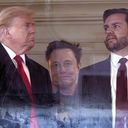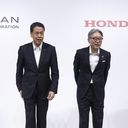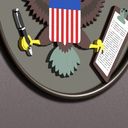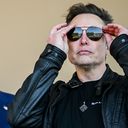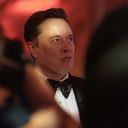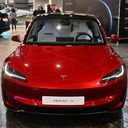The weight loss drug revolution is shrinking America's waistline
Losing weight in the new year won't take the same shape as it did in the past.
Why it matters: The emergence of groundbreaking new weight-loss drugs is transforming how Americans shed pounds.
- Nearly 18 million Americans are expected to be taking versions of GLP-1 drugs by 2029, according to investment bank UBS.
By the numbers: The drugs — which are currently administered in the form of regular injections — may already be reversing America's obesity crisis.
- In a survey conducted from 2021 through 2023, 40.3% of adults 20 and older were classified as having obesity, down from the all-time high of 41.9% from 2017 through 2020.
- The data from the National Health and Nutrition Examination Survey has prompted observers to say that the U.S. may have passed peak obesity.
Threat level: GLP-1 drugs are leaving a trail of disruption throughout the economy.
- Companies like WeightWatchers are struggling to adapt as Americans rethink the concept of dieting. The company's CEO, who apologized for the company's past role in fostering a culture that shamed people for being overweight, recently resigned.
- Bariatric surgery is declining in popularity, prompting some health systems to shutter or cancel investments in facilities.
- Demand for treatments like hip and knee replacements could decline over time as lighter bodies put less pressure on joints, some experts believe.
Yes, but: Price and access remain significant challenges.
- List prices for a month's supply of GLP-1s range from about $936 to $1,349 before insurance, which often doesn't pay enough for people to afford the drugs, according to Kaiser Family Foundation research.
- Widespread shortages have prevented some patients from getting prescriptions filled, though the FDA has said the shortages are improving. Meanwhile, pharmacies are introducing compounded alternatives that critics say allow them to skirt regulatory review.
The big question: Will the U.S. government authorize Medicare to cover weight-loss drugs?
- The Biden administration in November proposed having Medicare cover the drugs beginning in 2026, but the Trump administration will have the final say.
- Opponents of Medicare covering the drugs say the federal budget can't handle the extra costs.
What to watch for: Whether the pharmaceutical companies successfully develop pill versions of GLP-1 drugs. They're currently under development, and the early results look promising.





